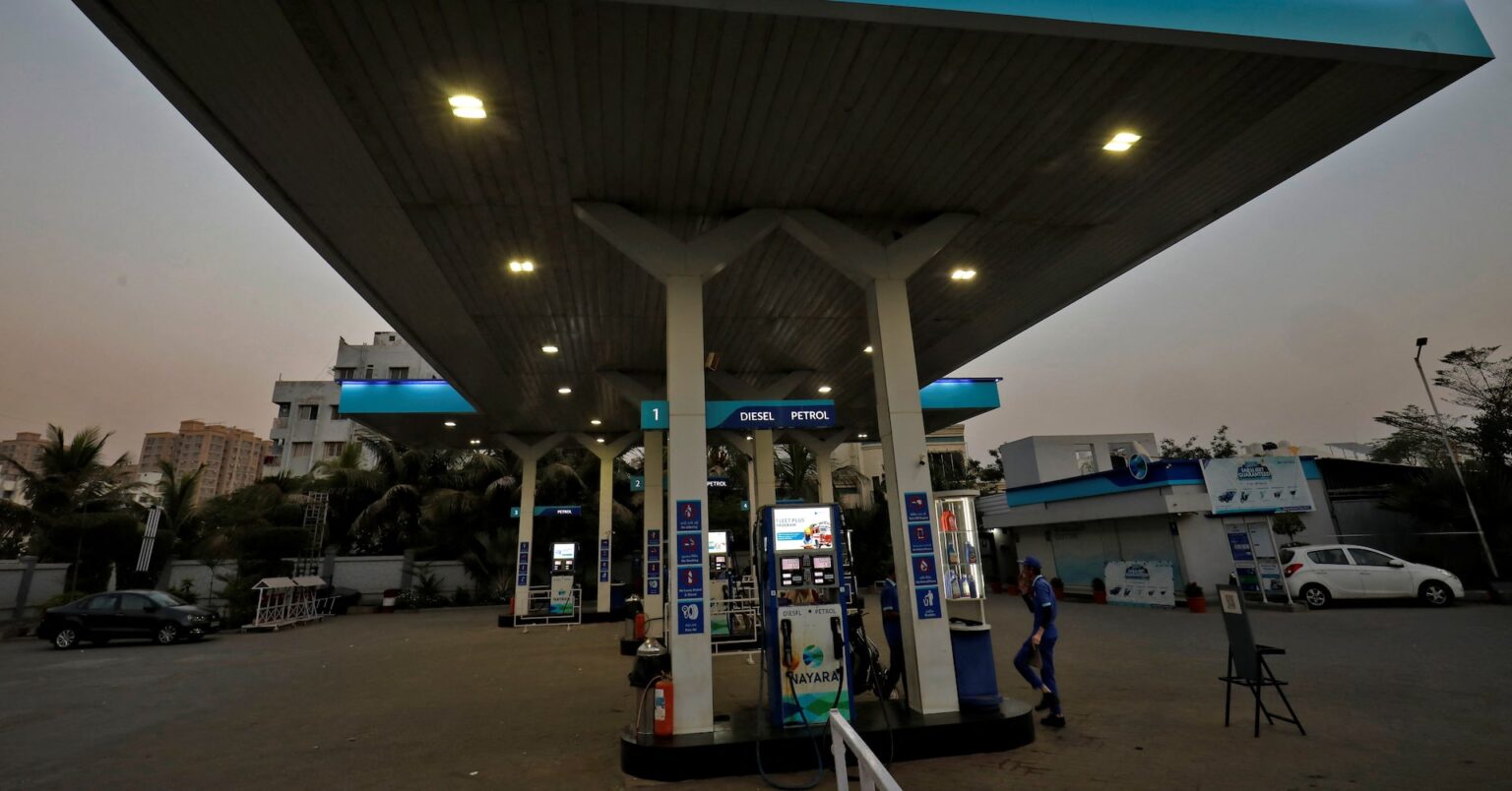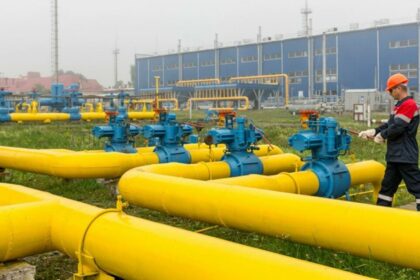**India’s Nayara Energy Defies Sanctions, Exports First Gasoline Cargo**
In a move that has caught the attention of global energy markets, Russia-backed Indian refiner Nayara Energy has exported its first gasoline cargo since being sanctioned by the European Union. According to four shipping sources and data from LSEG (London Stock Exchange Group), the company’s oil tanker, Tempest Dream, set sail on August 4 with a cargo of approximately 43,000 metric tons of gasoline.
The vessel is currently headed towards Sohar, Oman, as indicated by the shipping data. This development comes just days after Nayara Energy was sanctioned by the European Union on July 18. The sanctions were imposed in response to Russia’s ongoing involvement in Ukraine and other global conflicts.
**A Test for Sanctions Efficacy**
This move by Nayara Energy raises questions about the effectiveness of economic sanctions in constraining the activities of targeted entities. While sanctions are often intended to limit a company’s ability to operate globally, this instance suggests that some companies may still be able to find ways to continue their operations despite such measures.
“This is not an isolated incident,” said energy analyst Rohan Saxena in an interview with Reuters. “We’ve seen other Indian refineries and oil companies finding ways to circumvent sanctions in the past. This latest development highlights the need for more effective and robust sanctions regimes that can truly limit the activities of targeted entities.”
**Global Implications**
The implications of this move extend beyond the energy market, however. It also has broader global implications, particularly with regards to the ongoing conflict between Russia and Ukraine. The sanctions imposed on Nayara Energy were aimed at isolating Russia’s energy sector and limiting its ability to export oil and gas.
This development suggests that such measures may not be as effective as previously thought. It remains to be seen how this will impact global energy markets and relations between nations in the coming weeks and months.
Read More @ www.reuters.com












